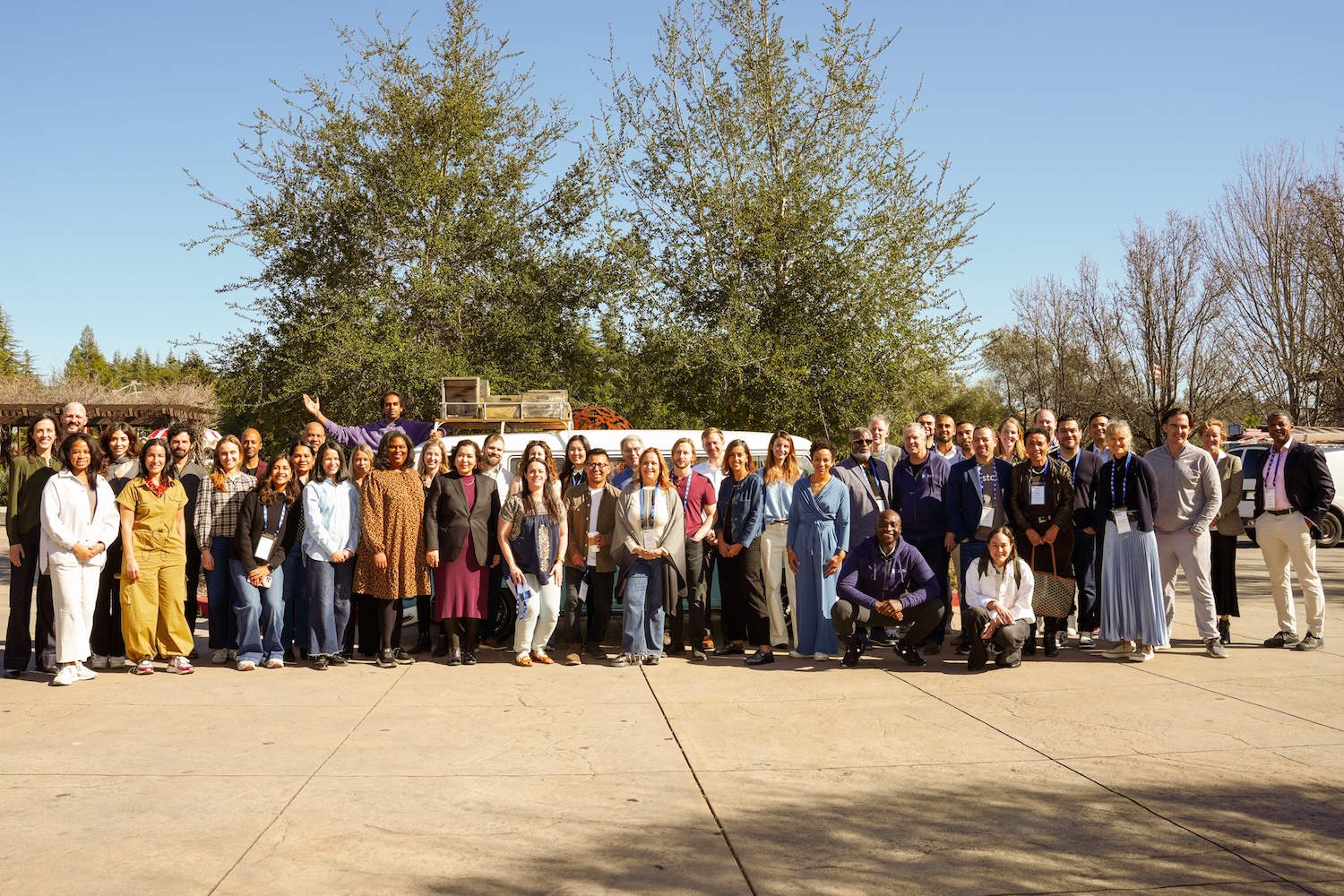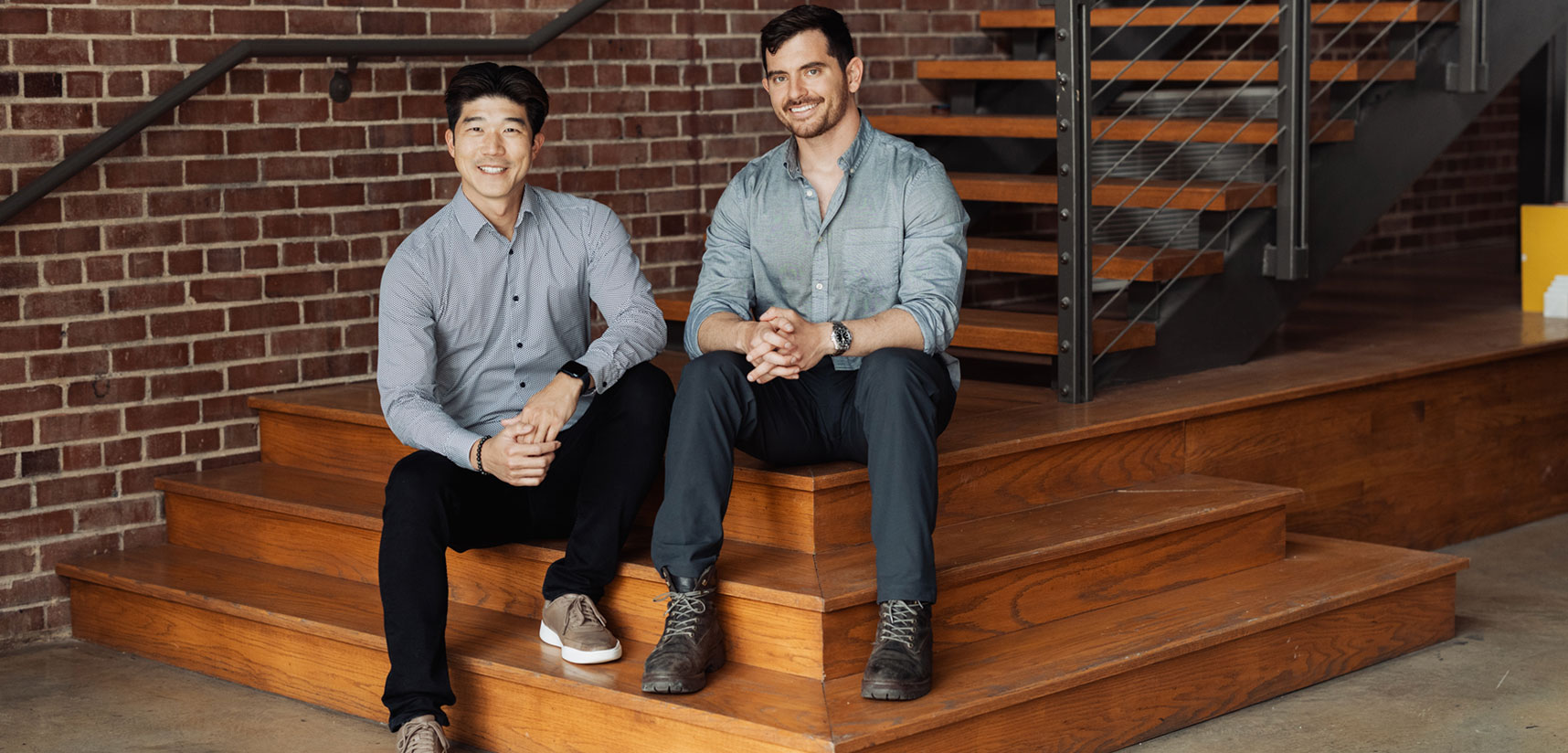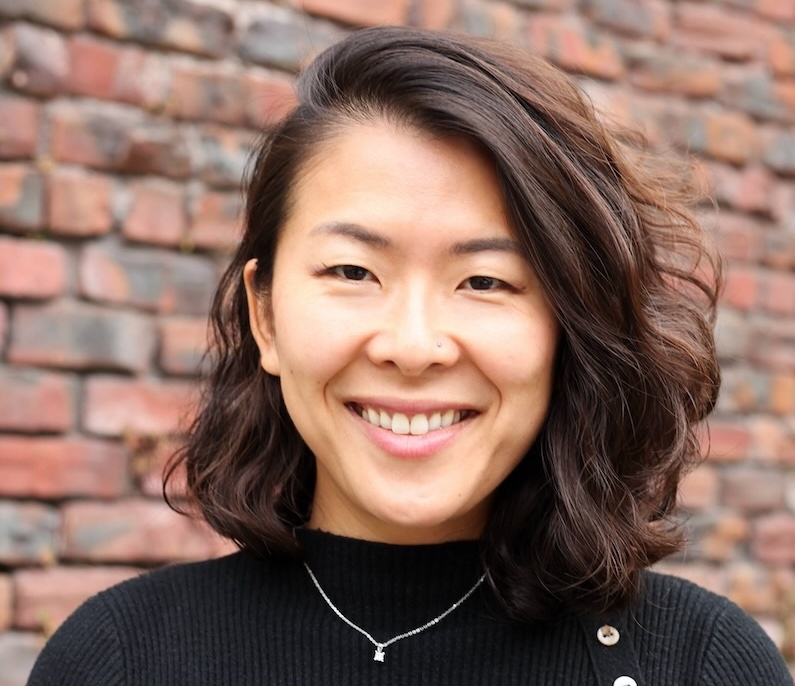For our newest theme examining the broadening wealth gap in America we brought in three diverse voices to explore how incarceration contributes to the wealth and opportunity gap in America. We asked them to bring bold, actionable ideas that could help better the lives of the formerly incarcerated. Here's what we found out.
Ken Oliver is theat the Checkr Foundation. Before joining Checkr he was the director of business development at Creating Restorative Opportunities and Programs (CROP). He brings a wealth of knowledge and lived experience, having served 24 years in prison. Oliver wrote about ways that both the public and private sector can help the formerly incarcerated succeed.
Carla Javits is the CEO of REDF, a venture philanthropy that invests exclusively in social enterprises. Since its founding, REDF has invested in 215 social enterprises in 30 states and Washington, DC. Her piece dives into social enterprises—something she has years of experience working with—and how they can help the formerly incarcerated re-enter the workforce and find financial stability.
Brian Hill is the founder and CEO of Edovo, a company that provides prisons with tablets that give inmates free access to education and low-cost communication services. He wrote about how incarceration contributes to generational wealth gaps, and some things we can do to break that cycle.





